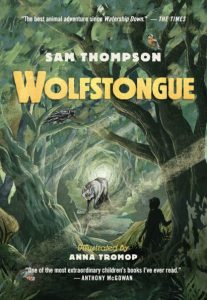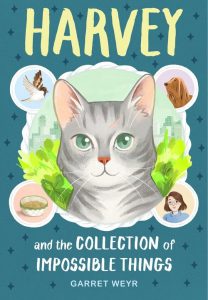By Holly Johnson, Emeritus Professor, University of Cincinnati, Cincinnati, OH
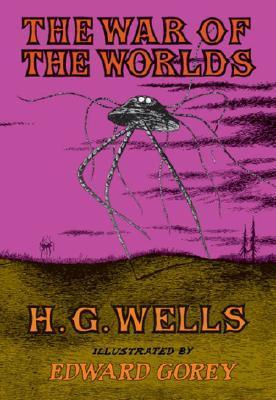 The growth of dystopian novels for all ages has exploded in the last 20 years. A genre that addresses societal fears as well as aspirations, dystopian literature is often considered an essential part of literature/reading programs from middle school through university. Dystopian books and series have been popular for over a hundred years with the publication of H.G. Well’s novel War of the Worlds serving as the first novel of alien invasion, which was published in 1898. Many of us have read a number of dystopian novels including seminal works such as 1984 by George Orwell (1949), Animal Farm by George Orwell (1950) and Fahrenheit 451 by Ray Bradbury (1953). It is an interesting phenomenon that this genre has become so popular with that popularity gaining significant growth after World War I and II. With the steady propulsion of progress across the 20th century, it is an interesting juxtaposition that dystopian thought has kept pace with such advancement. Continue reading
The growth of dystopian novels for all ages has exploded in the last 20 years. A genre that addresses societal fears as well as aspirations, dystopian literature is often considered an essential part of literature/reading programs from middle school through university. Dystopian books and series have been popular for over a hundred years with the publication of H.G. Well’s novel War of the Worlds serving as the first novel of alien invasion, which was published in 1898. Many of us have read a number of dystopian novels including seminal works such as 1984 by George Orwell (1949), Animal Farm by George Orwell (1950) and Fahrenheit 451 by Ray Bradbury (1953). It is an interesting phenomenon that this genre has become so popular with that popularity gaining significant growth after World War I and II. With the steady propulsion of progress across the 20th century, it is an interesting juxtaposition that dystopian thought has kept pace with such advancement. Continue reading



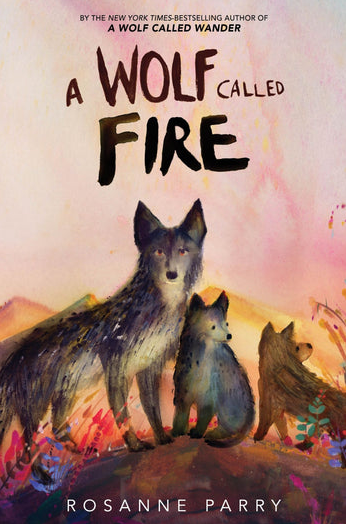
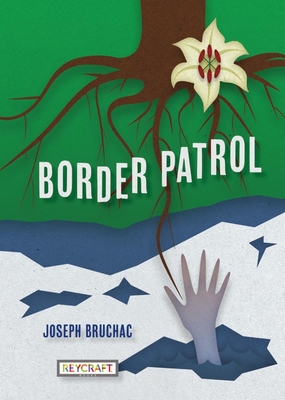

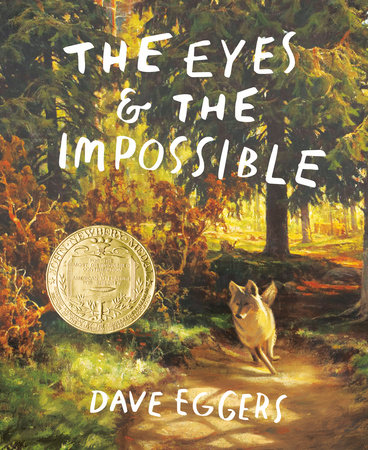
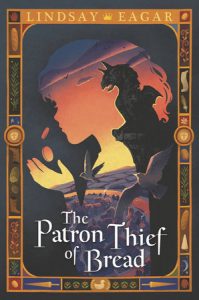
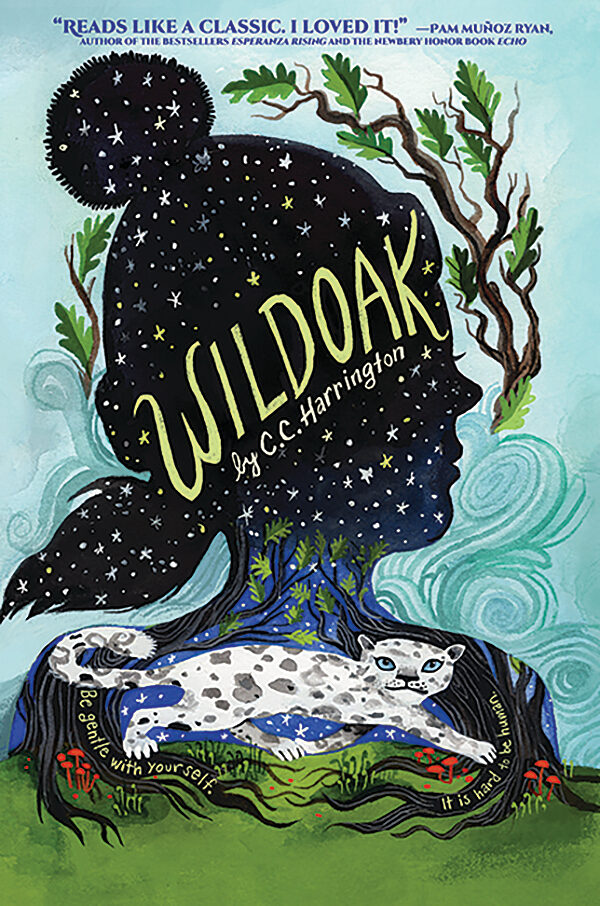 It’s London, 1963 and Maggie Stephens stutters. Because she stutters so badly, Maggie rarely speaks and finds all kinds of ways not to have to speak or read in school. Interestingly, Maggie does not stutter when she speaks to animals. Her parents, concerned (and perhaps a bit embarrassed) about her behavior, wonder if she needs to be treated at Granville, a school for children who don’t seem to fit in to the typical school. Granville is terrifying to Maggie who has heard rumors about how children are beaten if they cry. Looking for a way out of the Granville plan, Maggie agrees to an alternative plan to spend time with her grandfather in Wildoak Forest.
It’s London, 1963 and Maggie Stephens stutters. Because she stutters so badly, Maggie rarely speaks and finds all kinds of ways not to have to speak or read in school. Interestingly, Maggie does not stutter when she speaks to animals. Her parents, concerned (and perhaps a bit embarrassed) about her behavior, wonder if she needs to be treated at Granville, a school for children who don’t seem to fit in to the typical school. Granville is terrifying to Maggie who has heard rumors about how children are beaten if they cry. Looking for a way out of the Granville plan, Maggie agrees to an alternative plan to spend time with her grandfather in Wildoak Forest. 